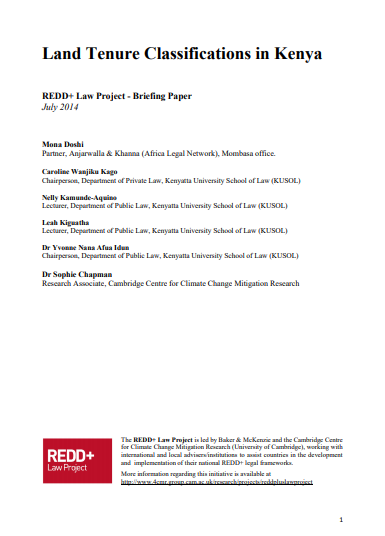Land use and cover change in pastoral systems of Uganda: implications on livestock management under drought induced pasture
This study assessed the extent of land use and cover change in Buliisa and Nakasongola Districts in the cattle corridor of Uganda over 27 years (1986 –2013), and their impacts on livestock management under drought induced pasture. The study found that area under open water and grassland declined by 3.5 and 48.3 per cent, while woodland, wetland, small scale farming and forest increased by 0.2, 62.2, 320.7 and 64.1 per cent, respectively, in Buliisa.


